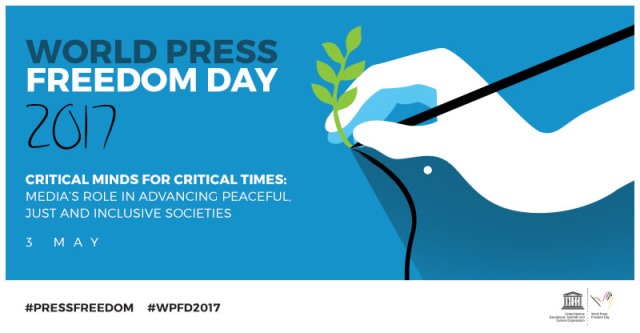Country Reports on Press Freedom in Southeast Asia Released

Photo from SEAPA website.
IN LINE with the World Press Freedom Day celebrated every third of May, the Southeast Asian Press Alliance (SEAPA) has released press freedom reports from Southeast Asian countries, noting a “devastating decline of free expression and press freedom” in the region.
Challenges to press freedom and free speech in Southeast Asia include online attacks, defamation and libel suits against journalists, fake news sites, restrictive legislations, state mechanisms for media control and surveillance of social media and the internet. Reports covered January 2016 to March 2017.
In the Philippines, press freedom is affected by the continuing impunity in the killings of journalists and by other threats and attacks. Four journalists were killed in 2016. Reporters are harassed physically and verbally by government officials and security forces.
The new presidency changed the country’s press freedom landscape. President Rodrigo Duterte himself has expressed hostility towards the media, accusing them of bias and corruption. Individuals on social media, particularly the supporters of the president, have also joined in the attacks, calling journalists names, cursing them, and wishing they were raped or killed. One of the most vocal of Duterte’s supporters, Margaux “Mocha” Uson, who popularized the term “presstitute,” was recently appointed assistant secretary for the Presidential Communications Operations Office (PCOO) last May 8.
The country still has not enacted a freedom of information (FOI) law. Despite implementing an executive order on FOI, the Right to Know, Right Now (R2KRN) Coalition said that the Duterte administration’s work is “far from done,” as some of their requests went unacknowledged.
Leave a Reply